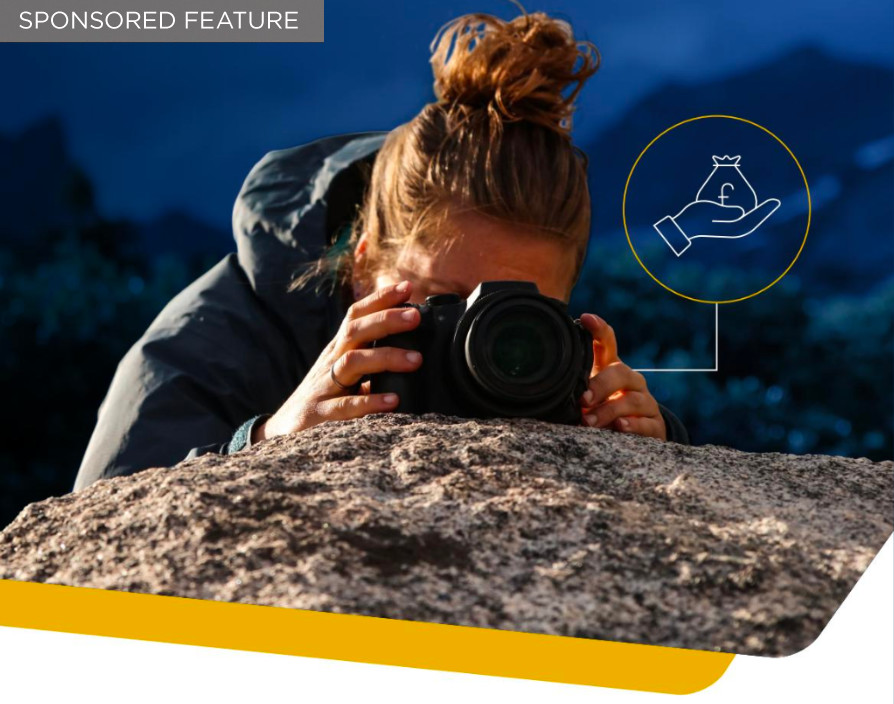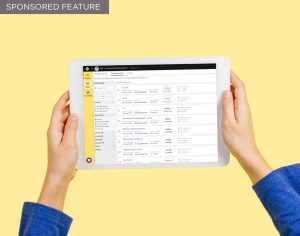Founded more than 30 years ago, Bottomline has quietly made its way to the pinnacle of the digital world, and they are now the trusted partners of more than 6,000 companies in almost 100 countries. An increasing number of businesses and banks rely on Bottomline to process their domestic and international payments.
Bottomline has revolutionised the way that companies and financial institutions execute business payments across the globe. Thanks to their expertise in financial technology, they have made it their business to develop state-of-the-art solutions that allow clients to transfer money securely, swiftly and with as little fuss as possible.
They also lead the way in fraud detection proudly stating: ‘We help businesses pay and get paid, while making complex business payments simple, smart and secure.’
In August 2016, the United Kingdom Competition and Markets Authority (CMA) ruled that the country’s nine biggest banks (HSBC, Barclays, RBS, Santander, Bank of Ireland, Allied Irish, Danske Bank, Lloyds and Nationwide) must allow officially licensed start-up businesses to have access to their data, which also includes account transactions between customers.
Open Banking has certainly transformed the world of transactions, since coming into force in January 2018. It has enabled companies like Bottomline to reach new heights in digital technology.
With a brave new world beckoning, Bottomline acted fast in getting a piece of the action, by becoming an official provider of Open Banking as regulated by the Financial Conduct Authority (FCA).
Twelve months ago Bottomline unveiled their ground-breaking ‘Pay-by-Bank’ service called Pay Direct, which simplifies even the most complex of business payments. It allows consumers to share financial information, and authorise payments, directly from their bank accounts. It can also be used by consumer credit firms to access account information and carry out affordability checks, while providing verification of customer details.
The pandemic has accelerated digital transformation even more and, earlier this year, Bottomline published the findings of its survey titled Business Payments Barometer.
This survey showed that around 18% of those companies contacted had stopped accepting cash payments, with the report stating: ‘We expect this trend to continue as we move towards a cashless society.’ Under the auspices of the FCA, Bottomline‘s secure Pay Direct app has given companies both the confidence and the tools to collect money that is owed to them.
Bottomline‘s customers range from SMEs to huge multinationals and global banks. Richard Ransom, the company’s Strategic Customer Manager, said: It is part of any business, getting the money in. The amount of time and workforce spent chasing money, compared to the time you’d like to spend growing your business and attending to positive things, is measurable and significant.
Getting someone to pay you the way they want to pay you seems to be the key thing. But, also knowing where your payments are and if they could be late, can also help businesses to plan and manage cash flow better. No one, it seems, is immune from late-payer syndrome, which can cause months of frustration.
Bottomline has 25 offices around the world, employing more than 2,000 people, and its Pay Direct service improves the experience for both the payer and receiver. No longer can customers deny receiving an invoice, as Ransom explains: Our system enables a company to dispatch an invoice to an email address as a PDF document and, as customers open and use that invoice, the software tracks it. The app can prove ‘yes, you did receive it, and we can see that it was opened on such-and-such a date’.
And, by adopting this new app which is constantly being tweaked and updated, clients are also saving money. Ransom went on: For SMEs, cost savings alone will help greatly. If someone buys a £100 product with a credit card, the merchant will pay a percentage of that £100, plus various charges. But we’re charging one fixed fee, and that’s it. You pay for the transmission of the payment, rather than the value of the payment.
Crucially, this transaction information is held securely, and Bottomline do not store intimate details about the deal. Ransom stresses: We don’t hold any of the payment data. The bank receives the payee’s name, amount and reference, while the payer can check the funds that are available. There’s no manual data for the customer to enter because it’s all pre-populated.
It’s a system which works well for both recurring payments, as well as one-off purchases. For more detailed information click here to view the full guide.
“
Share via:








































